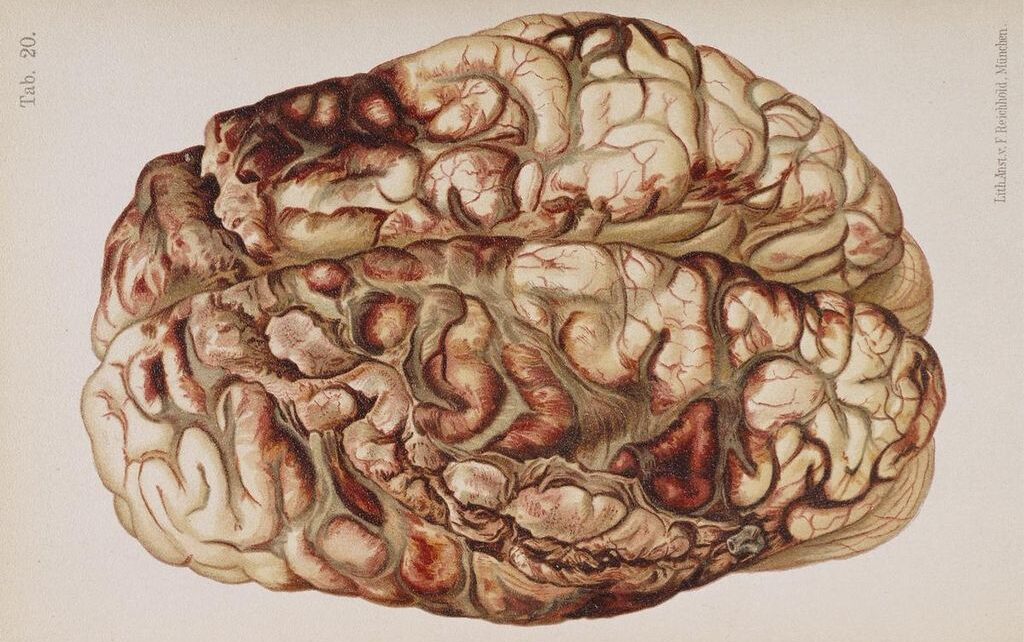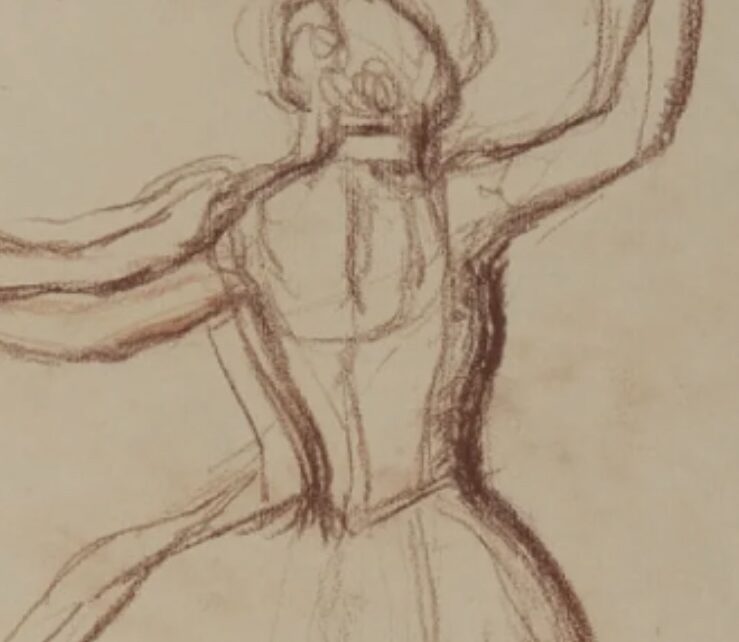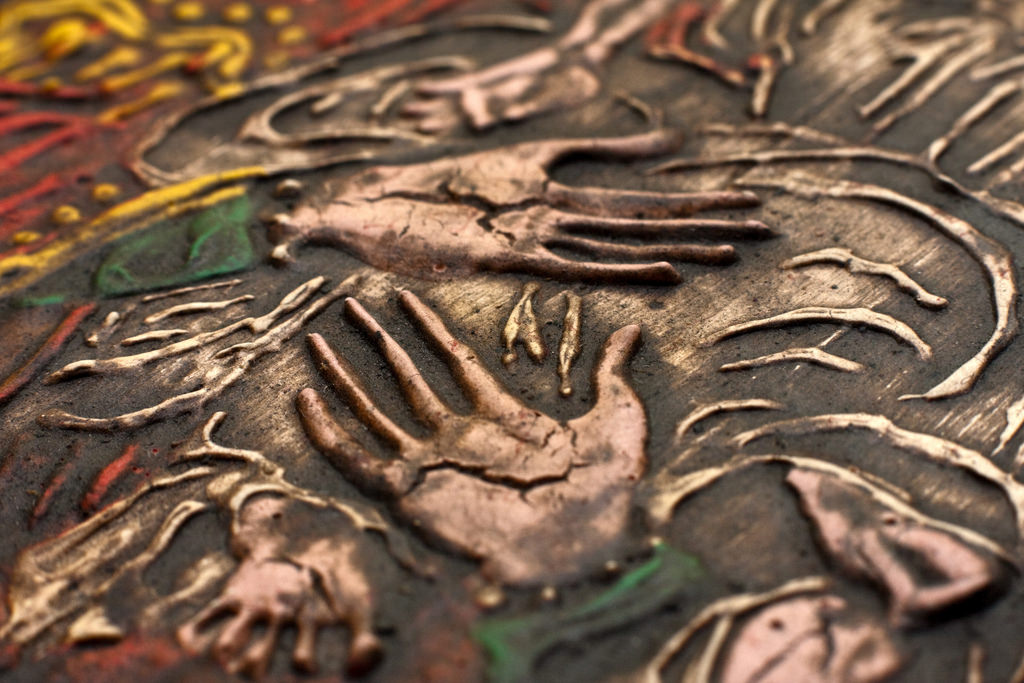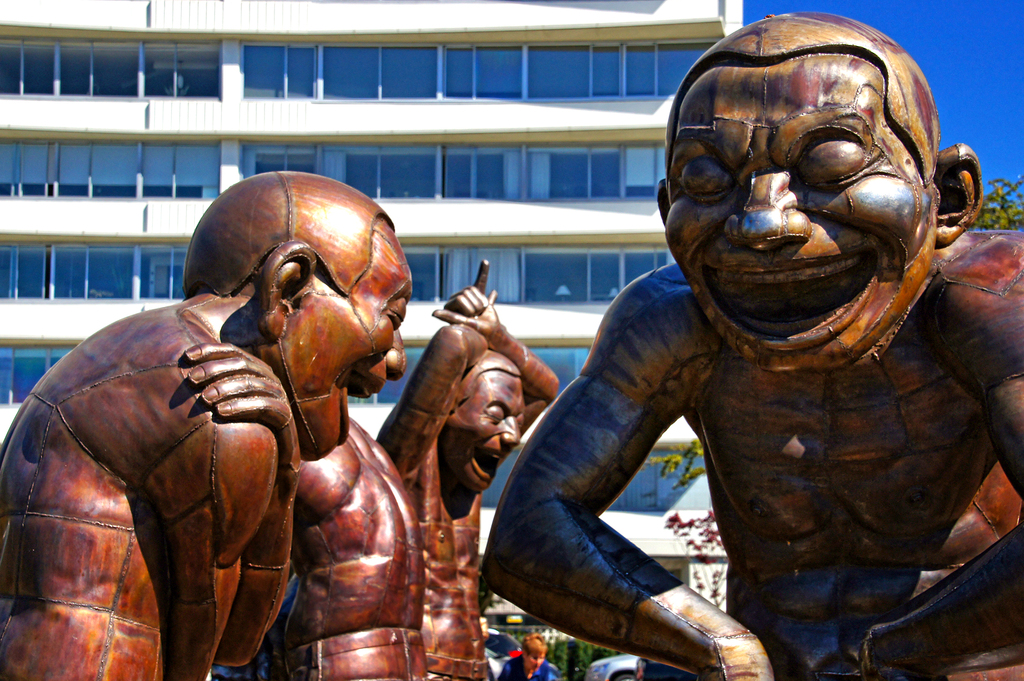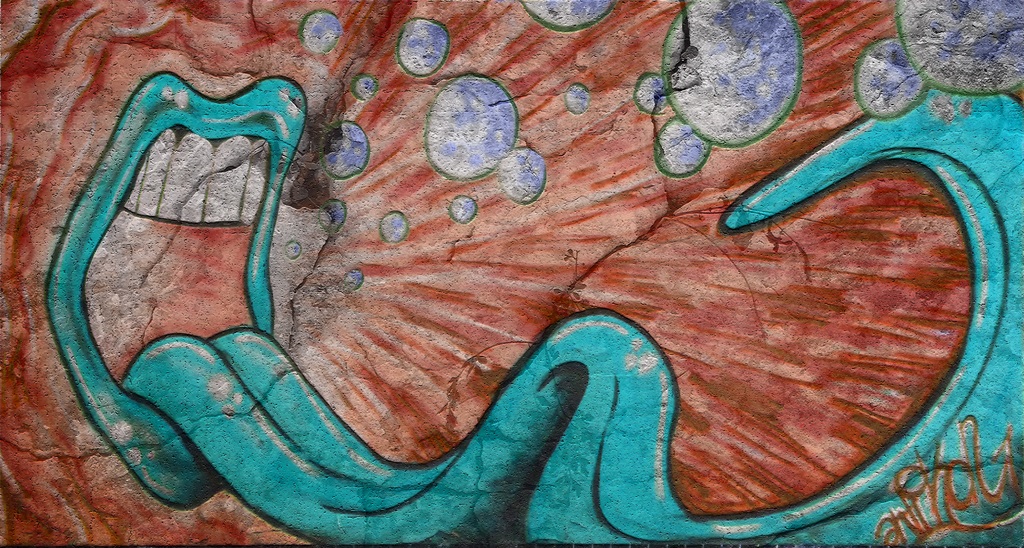The following is the first of a two part series. The entire article appears in Issue 22.1 of the Journal for Cultural and Religious Theory. Collage from “An-Other Language? Psychosomatic Research and the Lévinasian Conception of Otherness in Trauma Therapy” with the research question: When Lévinas claims that „the relationship between the Same and the […]
Tag: embodiment
Embodiment – A Conference On The Crisis In Contemporary Theory And The Humanities (Announcement)
September 28-29, 2022 An International and Interdisciplinary Synchronous Online Conference Sponsored by the University of Vienna and the Journal for Cultural and Religious Theory (Whitestone Publications) in Co-operation with the University of Denver You must register in advance (see below) whereupon you will automatically receive a participation link. If you are having trouble, please email […]
Embodiment And The Experience Of The Divine (James Mensch)
At the outset of Genesis, we are presented with two different pictures of God. The first depicts God as the creator of the world and, thus, as transcendent to it. This implies that we cannot understand his creative action in worldly terms. If, for example, we say that “in the beginning” God caused the world […]
If You Have To Explain It, It Isn’t Funny – Laughing Immediately With Merleau-Ponty, Part 2 (Adam Blair)
This the second part of a two-part series. The first part can be found here. Merleau-Ponty wants to avoid the division of latent and manifest content, instead pointing to the inability to speak as a simple, unified condition. Both the shock of the earthquake and the maternal prohibition caused a refusal of coexistence on the part of […]
If You Have To Explain It, It Isn’t Funny – Laughing Immediately With Merleau-Ponty, Part 1 (Adam Blair)
This is the first section in a two-part series. The three predominant theories of humor within the Western canon — relief, incongruity, and superiority— reveal something about why we laugh when we do. There is a central insight to each of the three theories, regarding the psychological, conceptual, and social forces at play in our experience of […]
